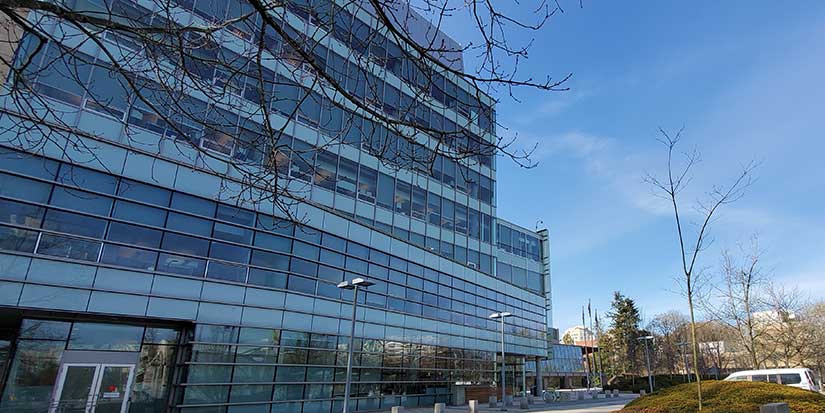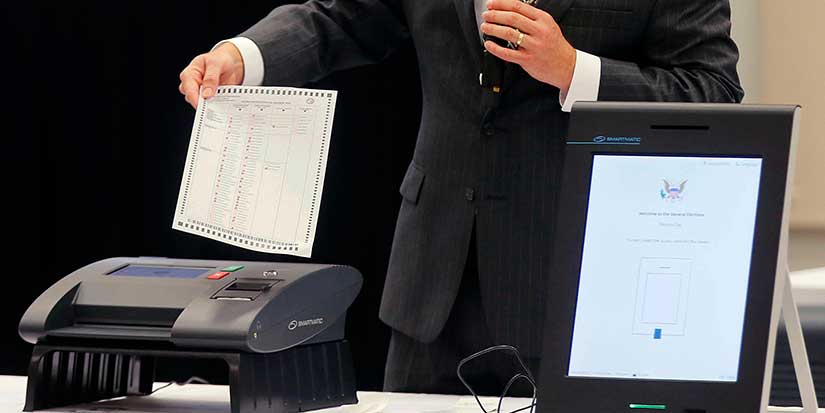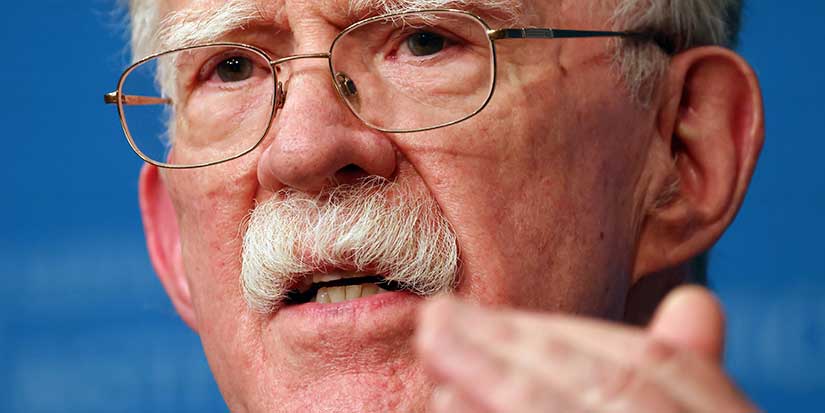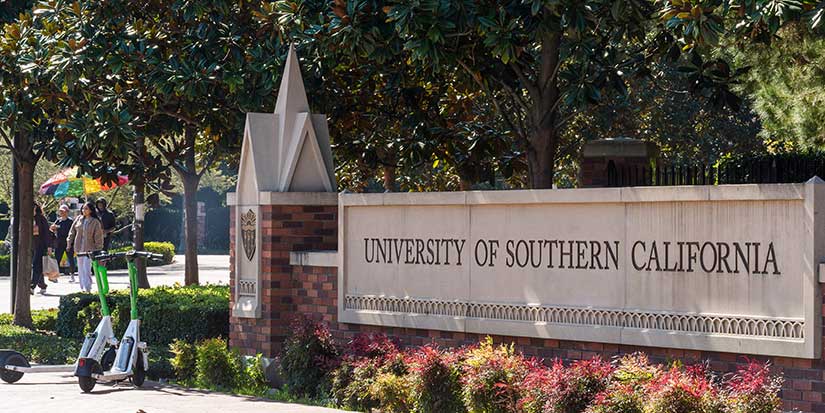National News
Two Quebec battery supply chain projects hit the brakes
Published 10:46 PDT, Thu October 16, 2025
Last Updated: 12:27 PDT, Thu October 16, 2025
—
The electric-vehicle slowdown is being felt in Bécancour, the city at the heart of Quebec's dreams of becoming a hub in the North American battery supply chain.
The planned expansion of a battery facility in the city has been put on hold, while the plant that was supposed to feed it has been cancelled.
Quebec Economy Minister Christine Fréchette confirmed the news on Thursday, calling it "disappointing." She said the decisions are part of a global slump in the development of the battery supply chain. "It certainly has an impact on our projects, which are at the heart of the battery industry," she said. "But … just because it's slowing down doesn't mean it's not moving forward."
A spokesperson for General Motors Canada said Thursday that the company is pausing the second phase of a project to produce cathode active materials for electric-vehicle batteries. The project, called Ultium CAM, is a partnership between GM and South Korean manufacturer POSCO.
The first phase of the project is under construction, with a $600-million facility in Bécancour expected to start production in 2026. But a subsequent expansion, which would have increased production capacity of cathode active materials and added production of the base ingredients used to make them, is now on ice. The decision was made "in light of evolving market dynamics," according to spokesperson Marie Binette.
As a result of that decision, Brazilian mining giant Vale SA has scrapped plans for a nickel sulfate plant that would have supplied the second phase of the Ultium CAM project. In a statement, Vale Base Metals said GM "will not need nickel sulfate in Quebec at this time."
"Vale Base Metals and GM continue to work on their partnership to supply Canadian nickel into GM’s North American supply chain," the statement said.
The news, first reported Thursday by Radio-Canada, comes shortly after the Quebec government pulled the plug on another electric-vehicle battery project near Montreal. Last month, Fréchette announced the province would end funding for the planned Northvolt battery plant and would try to recoup some of its investment in the project.
At the time, Fréchette pointed to battery projects in Bécancour as proof that the industry was still alive and well in Quebec. On Thursday, she insisted that's still the case, saying that 3,000 workers are building factories in the city. She said she hopes the Ultium CAM expansion will be relaunched at some point.
"This is the sector we will have to focus on for years to come, on an international scale," she said. "So we are in a good economic position to benefit from this, thanks to both our expertise and the green energy we have."
The federal and provincial governments have together funded about $300 million of the first phase of the Ultium CAM project, including a $152-million, partly forgivable loan from Quebec.
Earlier this week, GM reported it will record a negative impact of US$1.6 billion in its next quarter after tax incentives for electric vehicles were slashed by the U.S. and rules governing emissions are relaxed.
– Maura Forrest, The Canadian Press
With files from The Associated Press.































